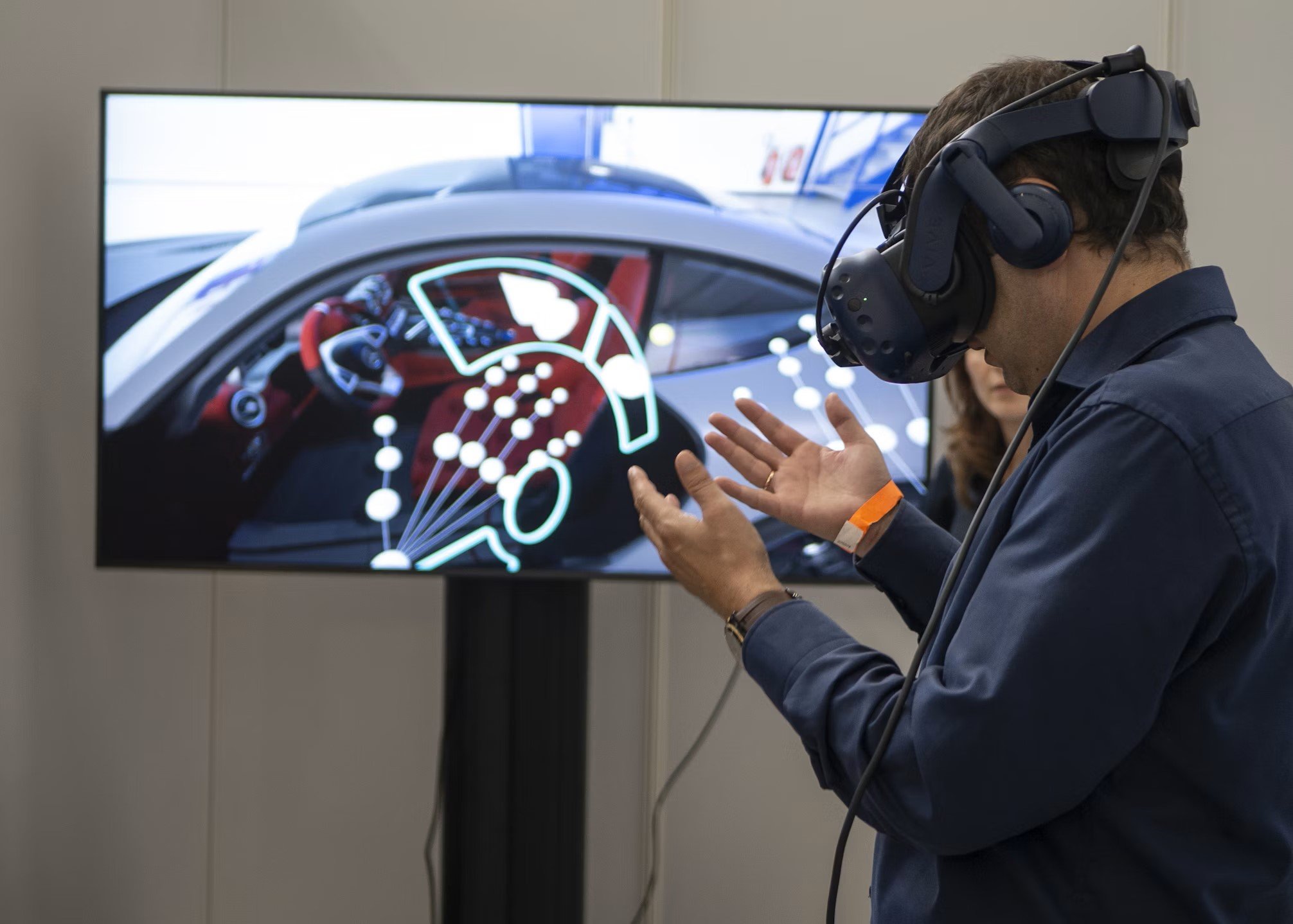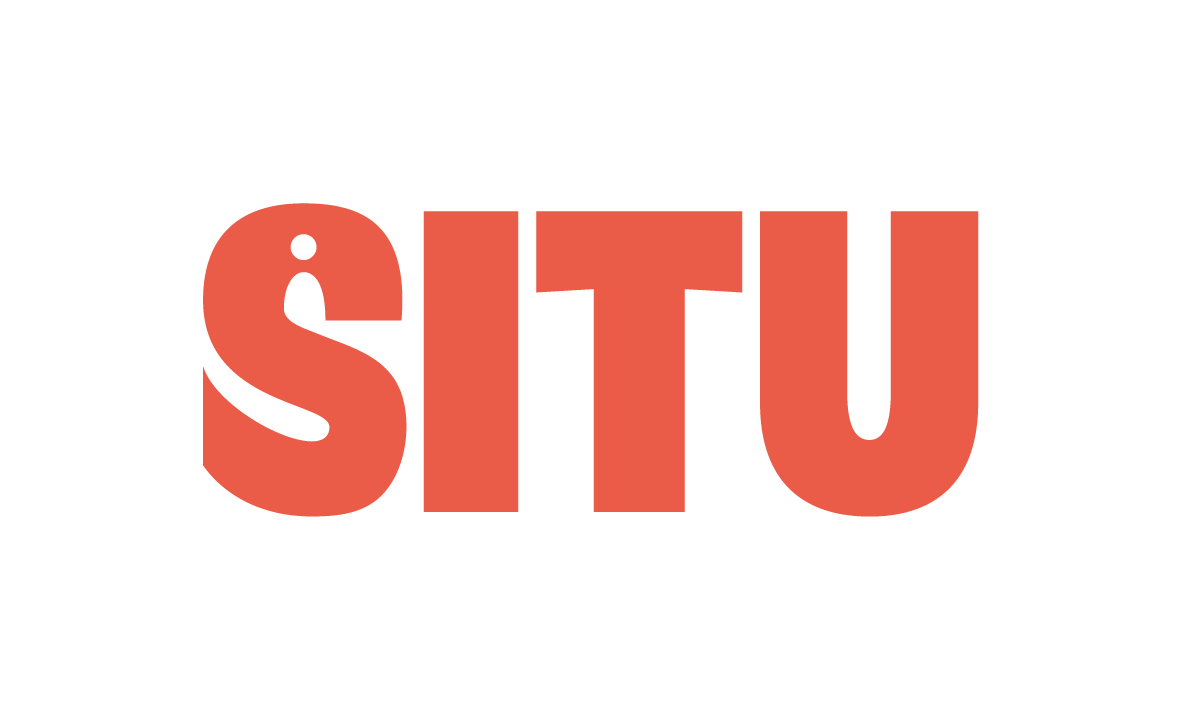The dominating theme for the 2024 serviced accommodation industry so far has been personalisation. Here’s how the latest tech trends will continue to shape this emerging landscape.
Artificial intelligence (AI) for personalised business travel
Generative AI surged into mainstream popularity at the end of 2022 and isn’t poised to slow down anytime soon. Throughout 2024, AI is tipped to significantly impact the serviced accommodation industry, particularly by shaping the dominating theme of 2024, personalisation.
According to industry experts, AI algorithms will analyse traveller preferences, past behaviour, and contextual data to offer tailored suggestions for flights, hotels, transportation, and even dining options. These assistants will be able to handle complex itineraries, optimise travel routes, and proactively manage disruptions or changes in plans. Moreover, AI should enable better expense management. This will be through automating the capture and processing of receipts, invoices, and travel expenses, saving time for travellers and streamlining the reimbursement process for companies.
Recent AI-centred success stories include Plum Guide, the 2023 winner for Shortyz Awards’ ‘Best online accommodation booking platform’. Plum Guide saw growth in their supply chain and revenue as a result of their AI integration. Doron Meyaseed (Plum Guide co-founder and CEO) has gone as far as to suggest that embracing AI is fundamental to business success and growth. Other figures within the industry share this view. Although, Meyaseed emphasises the Plum Guide’s use of humans to vet listings before publishing.
Other companies such as TourScanner have highlighted their intention to utilise AI technology to organise data. The intention is to provide the most relevant results to website users, a hyper-personalised endeavour reflective of the dominant 2024 industry theme.
AI and online booking systems
AI-based improvements are likely to benefit online booking systems. By integrating this technology, bookings can become reactive to customer behaviour, leading to hyper-personalised experiences. These systems are already on the rise, with Allora, the world’s first AI booking system, initially appearing in 2017. This technology, targeted at hotels and developed by Avvio, uses learning models to cater to guest needs by use of booking data.
Use of similar technology in 2024 is projected to make bookings faster, more efficient, and personalised to guest preferences.

Concerns about AI technology
Despite its successes, AI is not yet the perfect solution the serviced accommodation industry hopes it to be. Attempts to regulate the technology coupled with cybersecurity concerns are likely to impact the success of AI in 2024.
The EU AI Act was introduced at the end of 2023 as an attempt to regulate use of generative AI as misuse of these systems continues to rise. We expect that governments will need to act on the fast-paced growth of AI and attempt to implement further restrictions. Suggestions that the quality of generative AI may falter in order to meet these regulations are frequent. The supposed intellectual decline of ChatGPT signifies this. There is also the ever-present concern around cybersecurity and data misuse due to a rise in cyberattacks.
While the integration of AI technology into industry systems is unlikely to be seamless, it is clear that this technology will continue to grow throughout 2024, with AI-powered virtual assistants providing information, recommendations, and support likely to become a norm for business travellers. Therefore, it is important for serviced accommodation providers to embrace this tech trend as the year progresses.
Sustainability and green initiatives in business travel
As sustainability becomes an increasingly important consideration in corporate travel, businesses are expected to adopt green initiatives and leverage technology to reduce their environmental impact.
One trend in 2024 is the use of virtual meetings and teleconferencing as alternatives to business travel. Advancements in video conferencing technology, coupled with the increasing focus on sustainability, will encourage companies to explore virtual meeting options, reducing the need for unnecessary travel.
Additionally, businesses will need to embrace eco-friendly transportation options, such as electric vehicles or shared mobility services, to minimise carbon emissions. Advancements in electric vehicle infrastructure and the availability of charging stations at hotels and airports will support this shift towards sustainable transportation. At Situ, for instance, all our company vehicles are electric with charging stations available at our Exeter-based headquarters.
A rise in desire for sustainable accommodation options has been seen by Booking.com, with 53% of travellers seeking sustainability features in their accommodation. With personalisation a key pillar of 2024 corporate travel, the ability to filter by sustainable options is likely to be important for businesses.
At Situ, we have held a keen interest in ESG and sustainability for several years. We continually work with our global supply chain to monitor their carbon emissions as well as our own. This led to our partnership with the sustainability data company, Sedex. Our efforts and approach to ESG led to a Silver Sustainability Rating from EcoVadis.
In summary, sustainability and green initiatives will be at the forefront of corporate travel in 2024. It will be driven by technological advancements and a growing awareness of the need to protect the environment.

Internet of Things (IoT) in corporate travel management
The Internet of Things (IoT) is likely to play a significant role in corporate travel management in 2024. This term relates to interconnected devices and systems controllable by a smartphone or other central device.
For example, IoT devices can track the location and condition of luggage, ensuring that it is not lost or mishandled during transit. Smart hotel rooms equipped with IoT technology can automatically adjust temperature, lighting, and other settings based on guest preferences. Ultimately providing a personalised and comfortable stay.
Moreover, IoT devices can enable automated expense tracking by capturing data from receipts, credit cards, and other sources. This can streamline the expense reporting process and ensure accurate and timely reimbursement for travellers.
Overall, the integration of IoT into corporate travel management should lead to enhanced traveller experiences and greater operational efficiency.
Enhanced traveller experience through virtual reality
In the near future, virtual reality (VR) is projected to transform the way corporate travellers experience their journeys. With VR technology, business travellers can immerse themselves in virtual environments that simulate different destinations, providing a more engaging and realistic experience. This can be particularly useful for site visits, hotel inspections, or exploring conference venues before actually being there.
By using VR headsets, travellers can visualise hotel rooms, meeting spaces, and even local attractions. Thus helping them make informed decisions about their travel arrangements, opposed to relying on descriptions from others. Additionally, VR can enhance training programs for employees, allowing them to practice scenarios in a virtual setting.
Furthermore, VR can provide a sense of escape and relaxation during long-haul flights or layovers. Travellers can use VR to enjoy virtual tours, watch movies, or engage in immersive activities, making their travel experience more enjoyable and productive.
Overall, the integration of virtual reality into corporate travel is likely to enhance the traveller experience, improve decision-making, and provide opportunities for training and entertainment.

Conclusion
To summarise, the emerging technologies in 2024 will further personalise corporate travel through greater booking and trip management autonomy, options to filter accommodation listings according to sustainable choices, and allowing guests to configure their rooms according to their preferences through use of IoT devices. Further, virtual reality will provide travellers with entertainment and the ability to experience locations from afar. Each of these tech trends provide new and exciting opportunities for the corporate travel industry and are likely to influence the way serviced accommodation is booked and managed throughout 2024, and the years to come.


